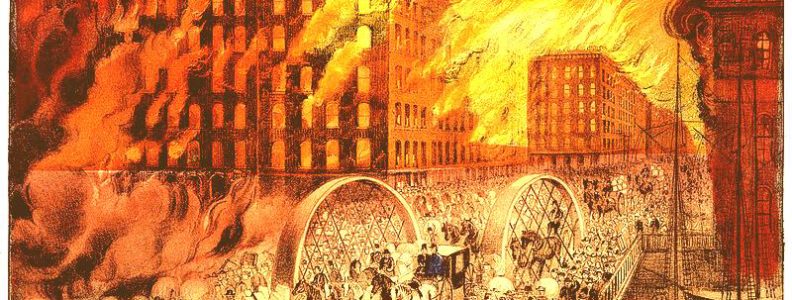Blog

What Is Insurable and What Isn’t?
There are two types of business owners that exist. I talk to my clients and potential clients every day and I know this.
There is the type that wants to cover their business from things that are insurable and the other type that wants to cover their business from things that are uninsurable. Neither of these groups is better, smarter, or more successful than the other; it just so happens they have different worse-case scenarios that keep them up at night.
So what are those things that are insurable and those things that aren’t? To know the answer, we have to start by knowing what insurance covers in the first place. Insurance protects against risks. This may seem obvious, but what type of risks? There are six classes:
- Juridical: risks arising from a jury’s or judge’s decision. Example: you are a business owner and have been parking your cars on the neighboring parking lot for ten years. The owner of the parking lot sues you claiming that you owe him $10,000 in parking fees. The judge agrees.
- Political: risks arising from changes in the law or governmental reinterpretations or changes in governmental policy. Example: you are a successful winery with an award winning Merlot. The newly elected government, under pressure of the puritanical majority, reinstates Prohibition. You can no longer sell your Merlot.
- Economic: risks arising from operations, marketplace, financial marketplace, or entrepreneurial activities. Example: you are a dairy farmer. The price of milk gets so low, due to competition from Canadian dairies, that you cannot afford the hay to feed your cows of your milk revenues.
- Legal: risks inherent in compliance or arising from statutory liability. Example: You are a granola manufacturer that has had a few too many employee workplace accidents. Your Xmod has increased beyond 125% and the State of CA requires you to pay a TICF fine. (By the way, the TICF fine was suspended, so this won’t happen any more).
- Social: risks arising from public relations, loss of reputation, cultural problems, or social direction. Example: You are a high profile restaurant owner and made a “funny” but “offensive” joke on Twitter. Everyone boycotts your store causing a 20% loss in revenues.
- Physical: risks arising from property, people, or information. Example: you own a commercial office complex that crumbles after an earthquake strikes. Your tenants sue you for the loss of their property claiming that you had failed to retrofit the building.
It may surprise you that most of the categories on that list are uninsurable. In fact, only item 6 – Physical Risks – are insurable.
Your insurance, whether it be General Liability, Workers Comp, Employment Practices Liability, Auto, or a Property policy covering your buildings and belongings, are ALL insuring you only for Physical Risks.
Whether your worse-scenarios visions are those that result from Type 1 through Type 5 Risks, or Type 6 Risks, knowing what insurance covers you for – and doesn’t cover you for – can help avoid an unpleasant insurance surprise one day.
 ELI GILLESPIE
ELI GILLESPIE
I’m the commercial producer and owner at Gillespie Insurance Services.
SCHEDULE A CALL
SEND EMAIL





